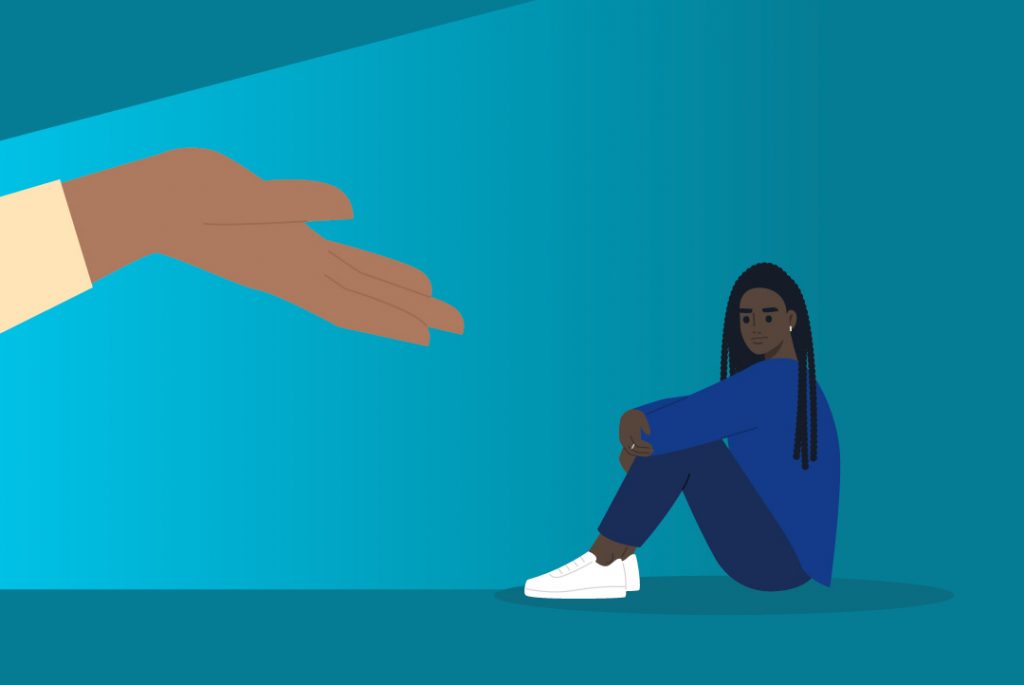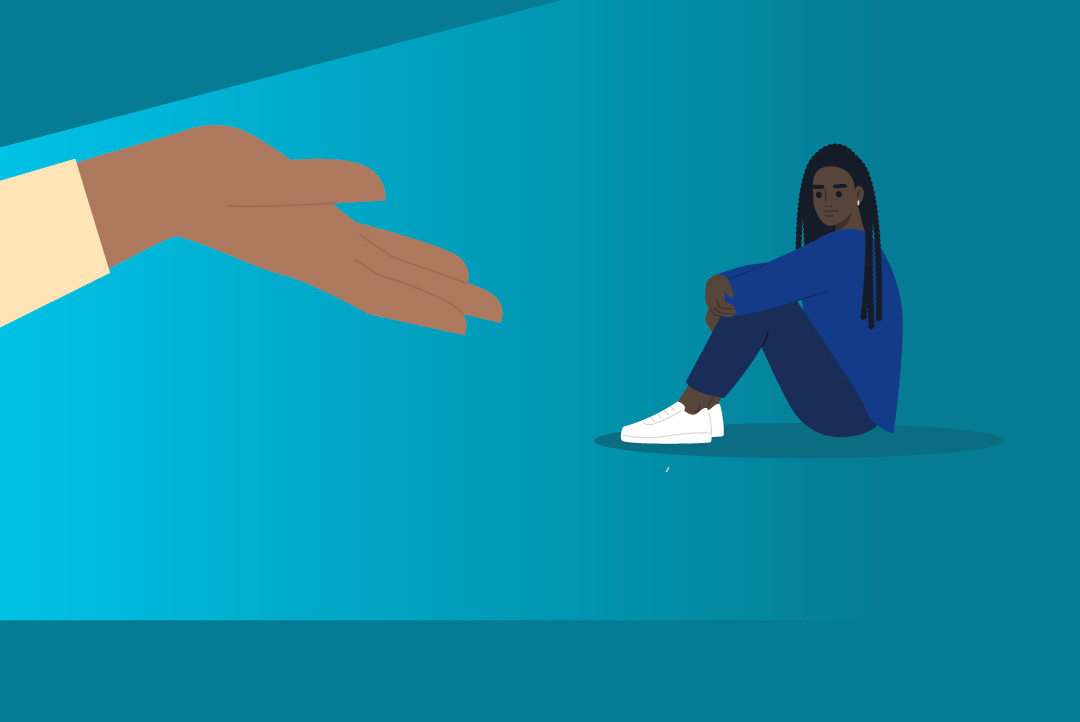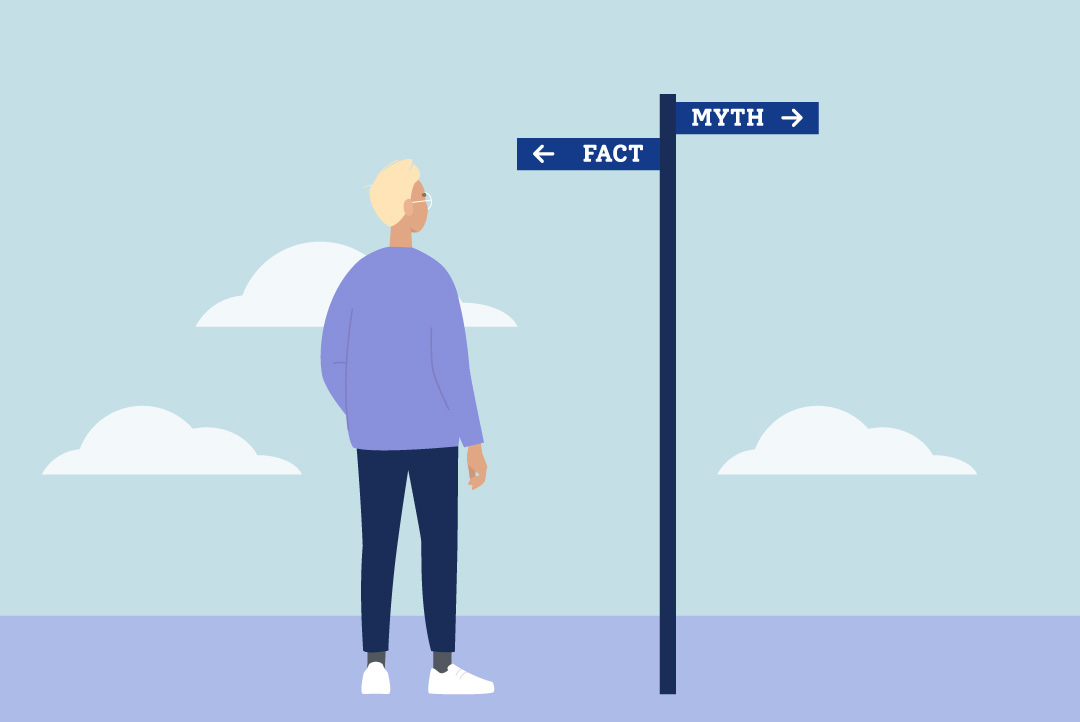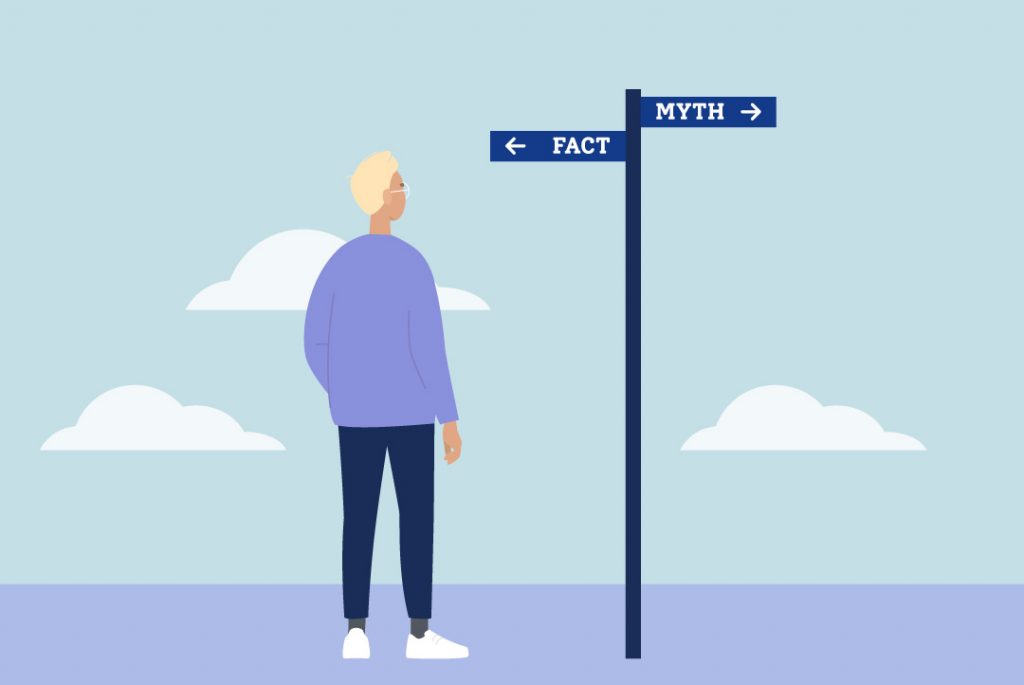EXPLORE MORE
MAY 2022
Finding help in a mental health crisis
We all experience ups and downs. But when “nerves” become crippling anxiety, and “the blues” give way to deep depression and suicidal thoughts, it may be time to seek serious professional help. If you or a family member were to have a mental health crisis, would you know what to do, who to call, how to help?
Now’s the time to explore your Costco benefits, including the no-cost mental health resources they offer — before you need them. That way, you can get prompt, high-quality care if you or a family member ever needs it.
Looking for more? Find other articles below

Start with Resources For Living®
Resources For Living (RFL®) is your first stop when you need mental health care or help with the stress of everyday life. It offers you and each member of your household (including children up to age 26 living away from home) support services such as:
- Up to six no-cost counseling sessions per issue, per year with a licensed therapist or a psychologist — face-to-face or by phone, video or on-demand chat
- Access to interactive self-care programs
- Help finding in-network providers who are accepting new patients
- Referrals to community resources
With RFL, you and members of your household also have free 24/7 access to additional mental health resources, including:
- Talkspace confidential, on-demand chat therapy with a licensed therapist, for adolescents ages 13+ and adults
If you’re enrolled in a Costco medical plan, mental health benefits are covered through your plan, including counseling and substance abuse disorder treatment. If you want to continue counseling after your six free sessions, your RFL Care Partner can help you find in-network providers who meet your needs.
Chat with a Care Partner 24/7
With RFL, a team of Care Partners will be your single point of contact for every step of your mental health journey. Care Partners will help you:
- Understand your benefits
- Guide you through your options
- Create a mental health care plan
- Find in-network providers who are accepting new patients
- Discover resources in the community
They’ll even schedule your first appointment for you.
You can connect with a Care Partner by calling 833-721-2320 (TTY: 711). You can also start a Live Chat by visiting RFL.com/Costco.
Source: RFL.com/Costco




